 Recently, I was discussing with one of my colleagues the inspiring elements of our undergraduate degrees, and being a geographer one of the perks was going on field trips. Aside from the fun that was had spending a week in wellies (yes really) or getting to drink lethal fruity cocktails with our lecturers on the Costa del Sol (you should have seen the dancing) those field trips remain ever clear in my mind as the most amazing learning experiences. I remember being utterly inspired by the glacial processes that have shaped the Andalucían coast or the influence of Charles Rennie Mackintosh infused across Glasgow’s landscape. More than a decade on, it is those memories of learning that stick most clearly in my mind.
Recently, I was discussing with one of my colleagues the inspiring elements of our undergraduate degrees, and being a geographer one of the perks was going on field trips. Aside from the fun that was had spending a week in wellies (yes really) or getting to drink lethal fruity cocktails with our lecturers on the Costa del Sol (you should have seen the dancing) those field trips remain ever clear in my mind as the most amazing learning experiences. I remember being utterly inspired by the glacial processes that have shaped the Andalucían coast or the influence of Charles Rennie Mackintosh infused across Glasgow’s landscape. More than a decade on, it is those memories of learning that stick most clearly in my mind.
But what does this have to do with the Festival of Learning? Well, ‘fieldwork’ isn’t just for academic researchers, it is also a brilliant way to engage the public. Last year, the Festival included an event which took members of the public from campus, to the grave of ‘Dorset’s Darwin’, Alfred Russel Wallace. Members of the public that attended the tour were extremely positive about the experience and really felt that it brought the content matter to life.
At BU, we are of course, blessed with a fantastic local landscape, which is full of hidden secrets. So, how about a Festival event which moves away from from the lecture theatre, and instead, why not leave campus and do a guided walk to bring your research to life? So, how about:
- A walk along our coastline which explore the bird life that is such an important part of our coastline
- A tour of our locally literary legends (think Robert Louis Stevenson at Skerryvore in Westbourne, or Wollenscroft graves in Bournemouth Town Centre)
- Secrets of the Seaside: a behind the scenes look at what makes the tourism industry tick
- Underwater creatures: what you’re really swimming in…
- Dorset’s street art: the politics of resistance in surburbia
- Real Dorset Food: a culinary tour of the best and the worst
- Looking towards the sky: what we can learn from Bournemouth’s hidden architecture
It would be amazing to see the Festival of Learning being taken off campus to learn outside – and as an event convener, it gives you the unique opportunity to share your passion for your work with a small group in the best classroom, the world around us (says the geographer)!
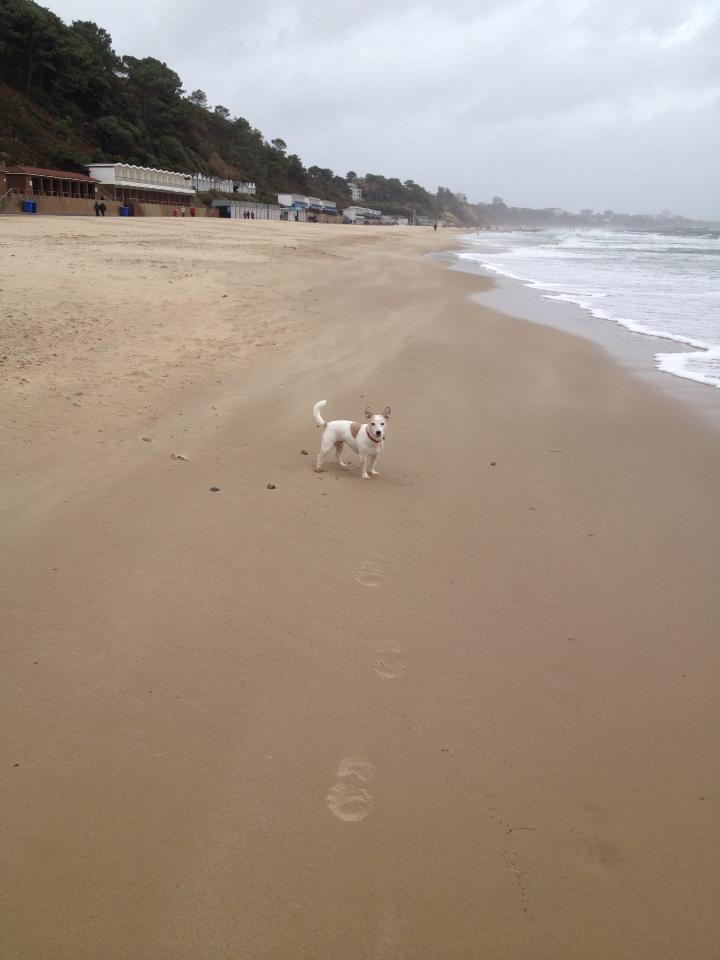
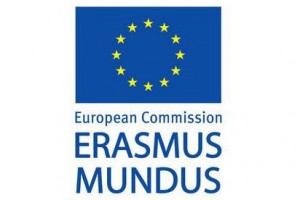



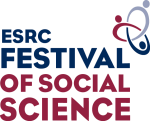

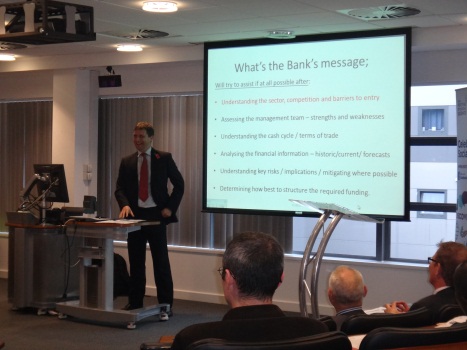
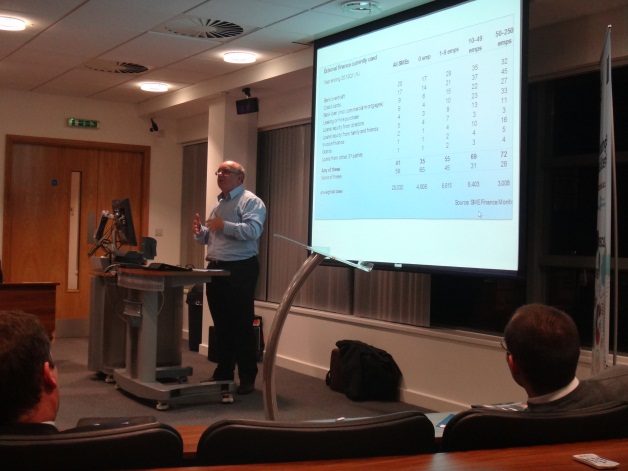



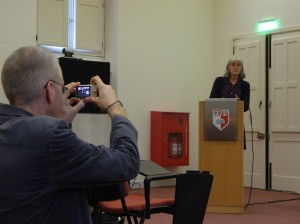
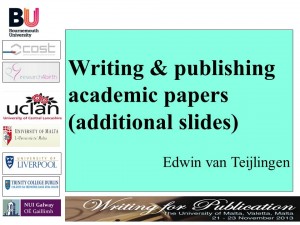

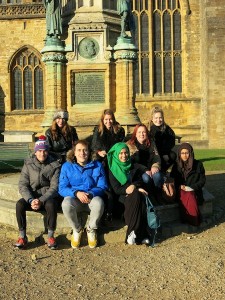
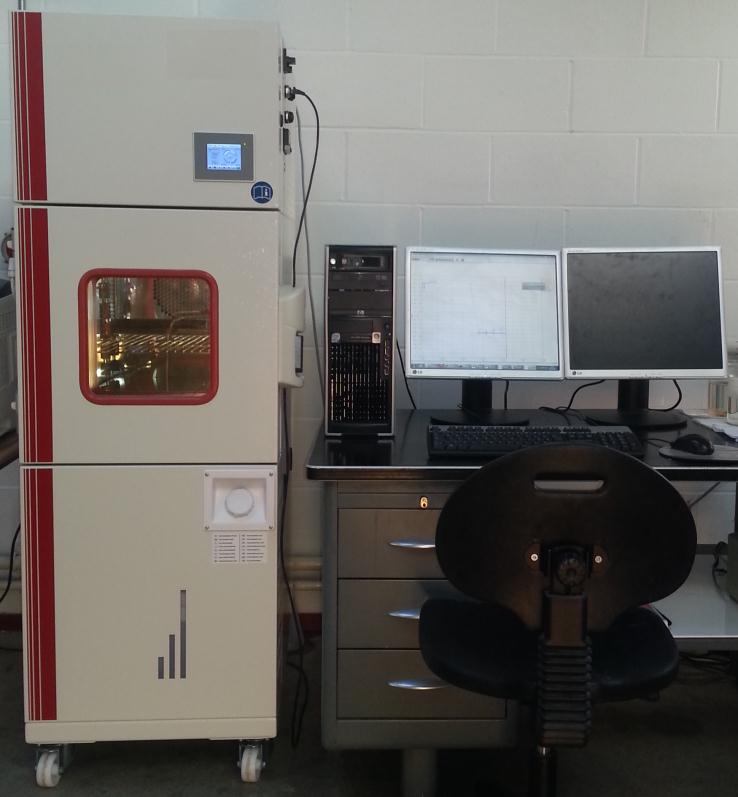














 Exploring Embodied Research: Body Map Storytelling Workshop & Research Seminar
Exploring Embodied Research: Body Map Storytelling Workshop & Research Seminar Marking a Milestone: The Swash Channel Wreck Book Launch
Marking a Milestone: The Swash Channel Wreck Book Launch No access to BRIAN 5-6th February
No access to BRIAN 5-6th February ECR Funding Open Call: Research Culture & Community Grant – Apply now
ECR Funding Open Call: Research Culture & Community Grant – Apply now MSCA Postdoctoral Fellowships 2025 Call
MSCA Postdoctoral Fellowships 2025 Call ERC Advanced Grant 2025 Webinar
ERC Advanced Grant 2025 Webinar Update on UKRO services
Update on UKRO services European research project exploring use of ‘virtual twins’ to better manage metabolic associated fatty liver disease
European research project exploring use of ‘virtual twins’ to better manage metabolic associated fatty liver disease